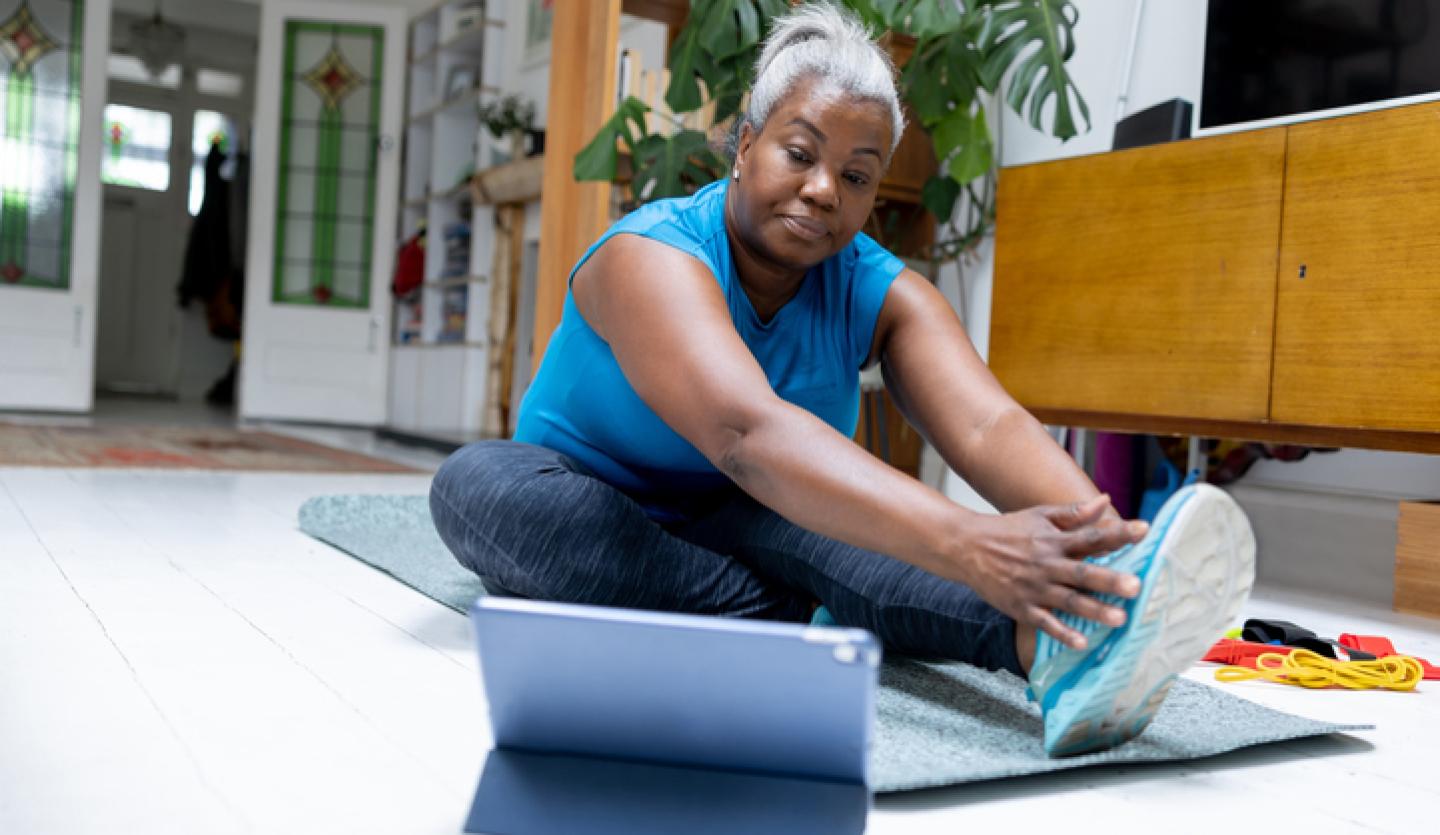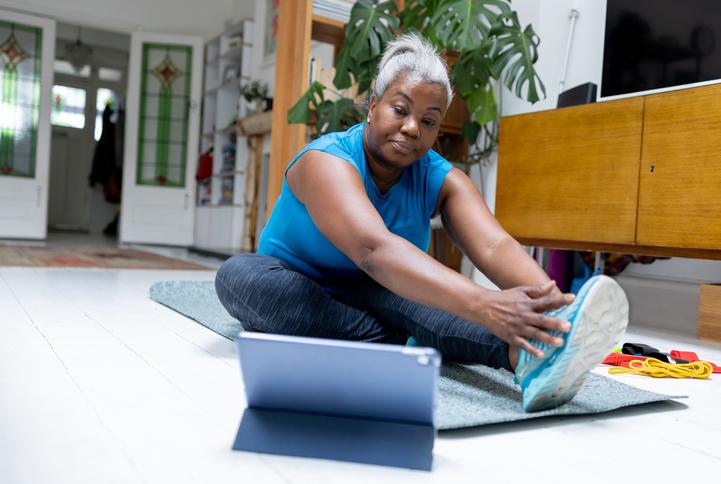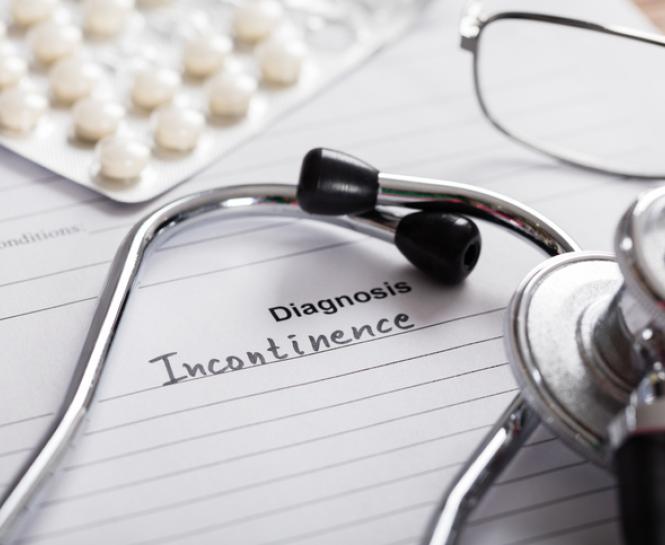What are the symptoms of a pelvic floor disorder?
The “pelvic floor” refers to the muscles, ligaments and connective tissue spanning the space between a woman’s tailbone and pubic bone that support her pelvic organs (the bladder, vagina, womb and bowel). An intact pelvic floor is critical to maintaining normal bladder, bowel and sexual function.
If the supportive tissues of the pelvic floor weaken or are injured, symptoms of a pelvic floor disorder (PFD) may develop, including:
- Frequent urination
- Frequent starting and stopping when trying to urinate
- Straining to pass a bowel movement
- Leakage of urine (urinary incontinence)
- Leakage of stool (fecal incontinence)
- Painful urination
- Constipation
- Low back pain
- Pain during sex
Are pelvic floor disorders common?
“If you have a pelvic floor disorder and are wondering if you are alone, you are not,” said Keith Downing, MD, Chief of Urogynecology and Reconstructive Pelvic Surgery at Catholic Health. “The intimate nature of these conditions often causes women to suffer silently and not talk about what they are feeling, even with friends and close family members. But PFDs are very common and highly treatable.”
What are the risk factors associated with pelvic floor disorders?
Commonly associated risk factors include:
- Pregnancy and childbirth
- Aging
- Menopause
- Surgery (hysterectomy)
- Trauma to the pelvic area (car accident or fall that caused pelvic injuries)
- Obesity
- Chronic constipation
- Genetic makeup
- Smoking
How are pelvic floor disorders diagnosed?
“If you are experiencing pelvic floor symptoms, talk to your primary care physician or gynecologist,” said Dr. Downing. “They will help you determine if you should see a urogynecologist, a surgeon who specializes in caring for women with pelvic floor disorders.”
Your doctor will perform several exams, including a physical exam, rectal exam, and pelvic exam, to evaluate your pelvic floor muscles. They will also ask you questions about your symptoms, including how frequently you urinate and have bowel movements.
How are pelvic floor disorders treated?
Nonsurgical treatments
- Physical therapy to rehabilitate the pelvic floor muscles that need strengthening.
- Making dietary changes such as avoiding caffeine, alcohol or beverages with carbonation.
- Insertion of a vaginal pessary (plastic or rubber ring) to support the bladder.
- Oral medications to help with urinary frequency and/or urine loss.
Surgical treatments
“We will first want to try nonsurgical methods to treat a pelvic floor disorder, but some patients will most benefit from a surgical intervention,” said Dr. Downing.
He explained that advances in minimally invasive surgical procedures allow quicker healing and recovery. “Your urogynecologist will review the most effective surgical option for you,” he said.
Can I do pelvic floor exercises on my own?
“Physical therapy is a great starting point to learn how to identify your pelvic floor muscles and how to strengthen them through exercise,” said Dr. Downing. “When your physical therapy sessions are complete, you can do exercises—also called Kegel exercises—on your own.”
Dr. Downing explained that the instruction he gives to patients is to imagine they are in a crowded elevator and suddenly have the urge to pass gas. "What muscles would they squeeze to keep from doing so?” he said. "Once you identify the correct muscles, improved strength will come with time.”
He recommends performing 10 squeezes for 10 seconds (beginners may have to start at three or five seconds) two to three times daily.
Can I use an app for pelvic floor exercises?
“Yes, mobile apps can help you learn and perform pelvic floor muscle exercise routinely,” said Dr. Downing. “Talk to your doctor before downloading and using an app so you can determine together the quality and accuracy of the app’s information.”
Find Care at Catholic Health
Catholic Health's Centers for Pelvic Health in Rockville Centre, NY and Babylon, NY, provide comprehensive care for women with pelvic floor disorders.
“Our team of experienced doctors, nurses, and support staff understands the sensitivity of PFDs—from diagnosis to treatment,” said Dr. Downing. "Your treatment options are carefully explained so you understand your condition and can make the best decision for your health.”
Explore our urogynecology services.
Find a Catholic Health doctor near you. Or call 866-MY-LI-DOC (866-695-4362).







